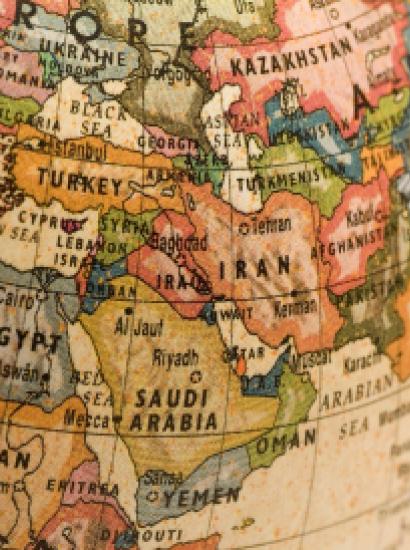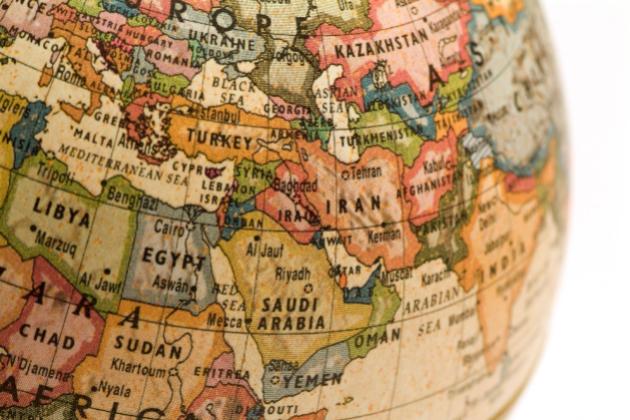
The Hoover Institution hosted "Middle East Strategy Challenges: Egypt, Iran and ISIS" on Wednesday, May 17, 2017 from 5:00pm - 7:00pm EST.
The Hoover Institution's Working Group on Islamism and the International Order discussed the challenges facing the administration in the Greater Middle East. This region is of vital American interest, and the United States must reclaim a role to help shape a policy that acknowledges and confronts the strategies pursued by both its allies and adversaries. To this end, the Working Group recently gathered experts to discuss these challenges to American foreign policy that developed into a policy paper entitled, Ten Proposals on the Middle East for the New US Administration.
The panel discussed three main topics: Egypt, Iran, and ISIS. In particular, their remarks will focus on the following themes:
- Jihadism on Its own Terms: Understanding a Movement
- Ayatollah Machiavelli: How Ali Khamenei Became the Most Powerful Man in the Middle East
- The Follies of Democracy Promotion: The American Adventure in Egypt
Moderators:
Russell Berman is a co-chair of the Herbert and Jane Dwight Working Group on Islamism and the International Order, a senior fellow at the Hoover institution, and the Walter A. Haas Professor in the Humanities at Stanford University.
Charles Hill is a co-chair of the Herbert and Jane Dwight Working Group on Islamism and the International Order, a research fellow at the Hoover Institution, a diplomat in residence and lecturer in International Studies at Yale University, and a career minister in the US Foreign Service
Panelists:
Samuel Tadros is the Distinguished Visiting Fellow in Middle Eastern Studies at the Hoover Institution, a Senior Fellow at the Hudson Institute's Center for Religious Freedom and a Professorial Lecturer at Johns Hopkins University's School of Advanced International Studies. Tadros is the author of Motherland Lost: The Egyptian and Coptic Quest for Modernity (Hoover 2013), and Reflections on the Revolution in Egypt (Hoover 2014).
Karim Sadjadpour is a senior fellow at the Carnegie Endowment for International Peace. He is a regular contributor to The Atlantic and appears frequently on CNN, BBC, and NPR. In 2007, he was named a Young Global Leader by the World Economic Forum in Davos. He is an adjunct professor at Georgetown University's School of Foreign Service.
Cole Bunzel is a Ph.D. candidate in Near Eastern Studies at Princeton University, where his research focuses on the history and theology of Wahhabism in Saudi Arabia and the jihadi salafi movement in modern Islam. He has written widely on jihadi ideology, and is an associate fellow with the International Centre for Radicalization and Political Violence at Kings College London.


















